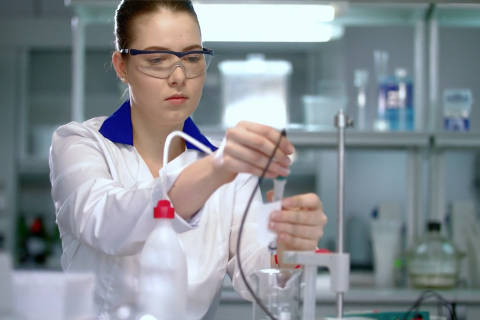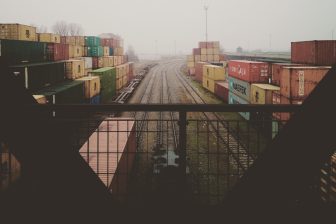
High-speed rail proposals for vaccine distribution in the UK
Rail could offer the best means of distributing COVID vaccines around the UK. With tens of millions of time-sensitive and difficult to transport doses to be delivered around the entire country, the best long-term solution is a co-ordinated programme of distribution by rail. Jeff Screeton, managing director at InterCity Railfreight, made his case to a world-wide audience at the Air Freight Conference 2020, organised ProMedia Group.
Do you want to read the full article?
Thank you for visiting RailFreight.com. Become a member of RailFreight Premium and get full access to all our premium content.
Are you already a member?
Having problems logging in? Call +31(0)10 280 1000 or send an email to customerdesk@promedia.nl.




